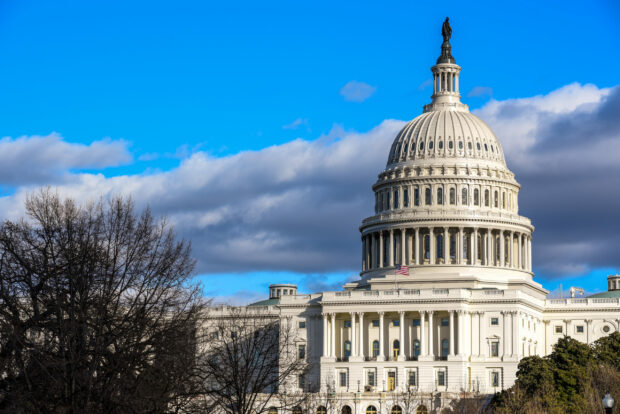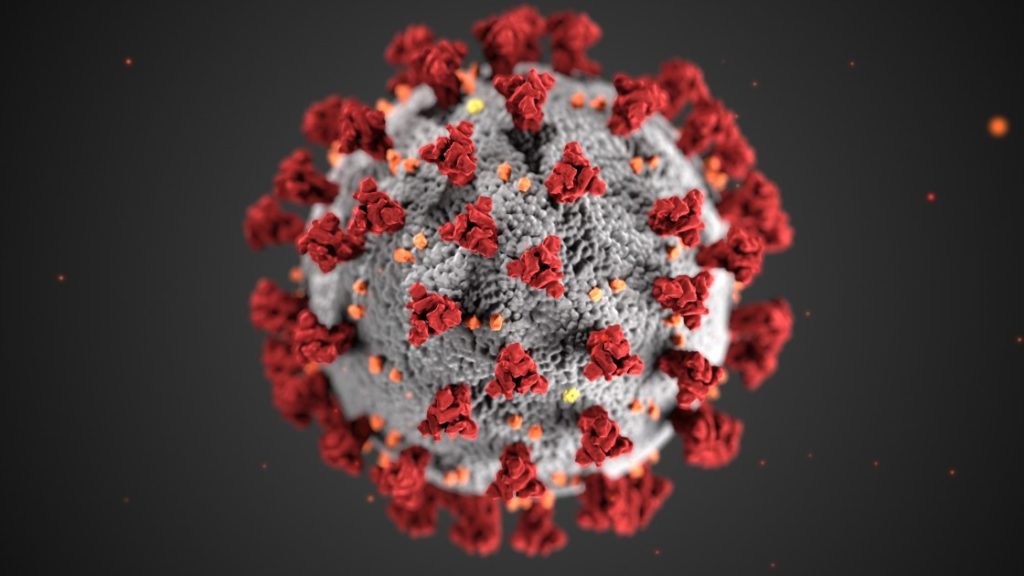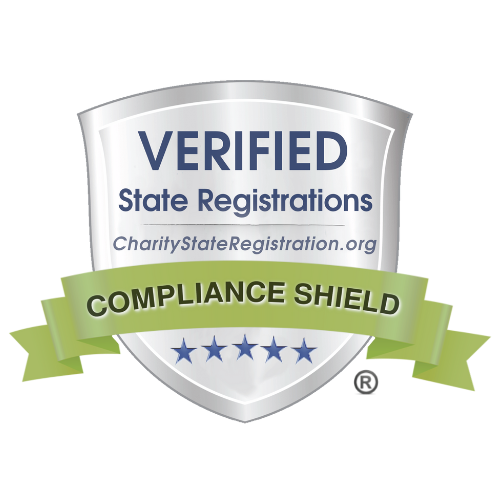Kaitlynne Yancy | May 7, 2020
Read: COVID-19 Federal Policy Changes and Resources

IAVA’s Quick Reaction Force (QRF)
http://www.quickreactionforce.org/As always, IAVA is here to help if you or someone you know is having a hard time. We recently relaunched our premiere peer-to-peer support program, Quick Reaction Force (QRF). Formerly known as the Rapid Response Referral Program (RRRP), QRF provides confidential 24/7 support, comprehensive care management, and resource connections. As COVID-19 cases continue to rise and more veterans and their families are furloughed from their jobs, there are heightened stress levels within our community; QRF aims to help those that need assistance. If you are a veteran or a veteran family member facing challenges, or if you have questions, QRF can help by providing connections to quality resources so you can get back on your feet and meet your goals. To get connected to a Veteran Care Manager for immediate help anytime, day or night, please call 1-855-91RAPID or fill out our online form here.
Federal Legislation
As more cases of the novel coronavirus are diagnosed and the country puts up more restrictions, Congress is creating solutions for Americans. IAVA has been closely following the legislative response to COVID-19 and has compiled a list of helpful resources and information during this chaotic time.
CORONAVIRUS PREPAREDNESS AND RESPONSE SUPPLEMENTAL APPROPRIATIONS ACT (H.R. 6074)
As U.S. cases of COVID-19 first started to rise, Congress passed legislation to help the economy and Americans deal with the Coronavirus, and the president signed it on March 6, 2020. This $8.3 billion legislation includes provisions to boost vaccine development, research, and equipment. State and local health budgets would see an increase in funding, with each state receiving no less than $4 million to battle and contain the outbreak.

FAMILIES FIRST CORONAVIRUS RESPONSE ACT (H.R. 6201)
The next legislative package (H.R. 6201) was signed into law on March 18, 2020. It included provisions for free testing without deductibles or copays and paid leave for employees who are unable to work as a result of quarantine, if they are experiencing symptoms of COVID-19, or if they are parents of children that have faced school closures. It also includes $400 million for an emergency food assistance program. Finally, the package will provide almost $1 billion in additional unemployment assistance.
CARES ACT (H.R. 748)
The next of the Coronavirus packages was the $2 trillion CARES Act, signed into law on March 27, 2020. The law helps individuals and businesses, including by paying Americans directly if they fall within certain income levels. It included funding for the Paycheck Protection Program loan program, administered by the Small Business Administration, to help small businesses fund payroll and other expenses while encouraging them to retain employees. The law also included over $10 billion in funding to the Pentagon for deployed National Guard troops and benefits for military families and retirees. Also included is funding to advance military vaccine research, $750 billion for food assistance, and a boost to unemployment benefits. Hospitals were given $117 billion and $324 million was allocated for evacuation expenses. The bill includes approximately $20 billion for essential medical and protective equipment, including testing kits, veterans healthcare (including community care), increased access to telehealth services, and upgrading VA facilities to better equip them to respond to national emergencies.
The CARES Act would also protect Americans facing eviction from their homes due to the inability to pay their rent or mortgage during this crisis. Finally, the Department of Education would suspend payments on student loan borrowers without penalty through September 30th.
Read more about the CARES Act HERE.
PAYCHECK PROTECTION PROGRAM AND HEALTHCARE ENHANCEMENT ACT (H.R. 266)
The $484 billion economic relief package expands on the previously-passed CARES Act and adds $310 billion more in funds to the Paycheck Protection Program after the initial funding in the CARES Act quickly ran out. Also included is $25 billion and $75 billion for hospitals and healthcare providers. The bill passed the Senate on April 21, 2020, and the House on April 23rd. It now goes to the president. Read more about the Paycheck Protection Program and Healthcare Enhancement Act HERE.
EMERGENCY GI BILL LEGISLATION (S. 3503)
During the initial rise of the pandemic, universities across the country began transitioning in-person classes to online. That decision put hundreds of thousands of student veterans at risk of seeing their housing allowance be reduced to a significantly lower rate for online courses. On March 12th, 54 veteran service organizations sent a letter to the House and Senate VA committees to urge them to pass legislation to protect these education payments. Congress quickly passed the bill and President Trump signed it into law on March 21, 2020.
STUDENT VETERAN CORONAVIRUS RESPONSE ACT (H.R. 6322)
To build on that success House Veterans Affairs Committee (HVAC) Chairman Mark Takano (D-CA) and Ranking Member Phil Roe (R-TN) introduced H.R. 6322 to make sure that student veterans enrolled in the VA work-study program would still be paid and the “use or lose” eligibility period for veterans and dependents would be extended by the length of time their school is closed. This IAVA-supported legislation would also apply protections to the Vocational Rehabilitation and Employment (VR&E) program and would grant veterans two more months of “subsistence allowance”, anticipating that COVID-19 might hinder their near-term employment prospects. H.R. 6322 would expand on S. 3503 (see above) and ensure that any class a student was not able to finish due to an emergency closure would not count against their GI Bill benefits, and that they will continue to receive their housing allowance for the remainder of the interrupted semester. After House passage, the Senate passed it on April 21, 2020, and sent it to the president.
VA TELE-HEARING MODERNIZATION ACT (H.R. 4771)
On April 10, 2020, President Trump signed into law Rep. Joe Cunningham’s (D-SC) VA Tele-Hearing Modernization Act (H.R. 4771), which would help veterans to participate in appeals tele-hearings from their homes if they were unable to attend in-person. Previously, veterans could only participate in tele-hearings from designated locations. Also included in the bill are protections to ensure that veterans’ information is not compromised. Read more about the bill in this release by Senate Veterans Affairs Committee Ranking Member Jon Tester (D-MT).
Changes at the VA and other Federal Resources
The VA has adapted many of their policies due to the current COVID-19 situation. One of the largest changes is that President Trump has directed VA to suspend debt collections to try and reduce the financial impacts of the virus on veterans and their families. However, it is not automatic and veterans must request to have their debt payments temporarily suspended. If your debt has already been sent to the Treasury Department, no action is needed as they have halted collections. If a veteran’s debt is managed by VA, the veteran must contact the appropriate number below to stop collections, including the suspension of the addition of fees and interest, or extend repayment agreements.
• For debts related to VA benefits, contact the VA Debt Management Center at 800-827-0648 to make arrangements. They’re there Monday through Friday, 7:30 a.m. to 7:00 p.m. ET.
• For debts related to VA healthcare, contact the Health Resource Center at 888-827-4817 to make arrangements. Be sure to have your account number ready.
All 56 VA Regional offices have been closed for in-person visits to help prevent virus spread. The offices will be available by phone or through the online claim status tool. Veterans can reach regional offices for help with benefits toll-free at 800-827-1000.
Federal Coronavirus Websites
A number of federal sites exist to help veterans find information related to #COVID19 resources.
Department of Veterans Affairs
VA’s Coronavirus Frequently Asked Questions: What Veterans Need to Know
Department of Defense
Department of Labor – Vets
House Veterans Affairs Committee
Senate Veterans Affairs Committee
Centers for Disease Control
TRICARE
IAVA will continue to update as more information becomes available and more legislation is passed.





